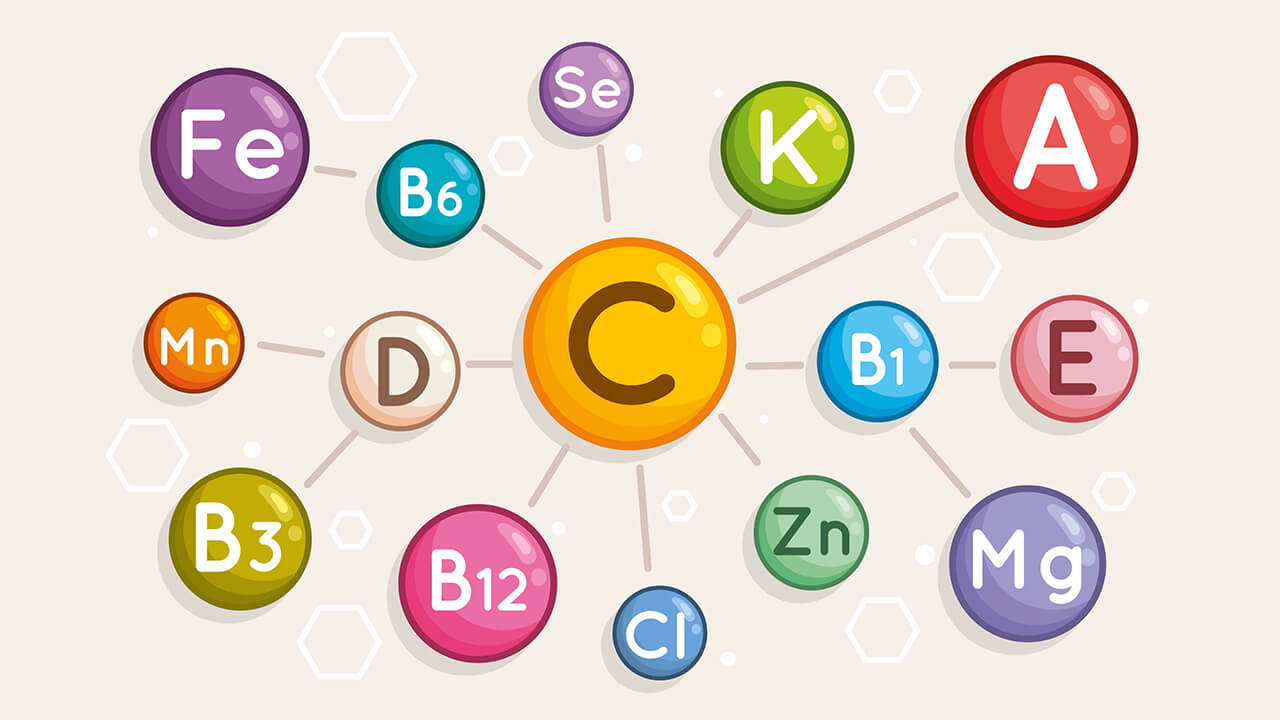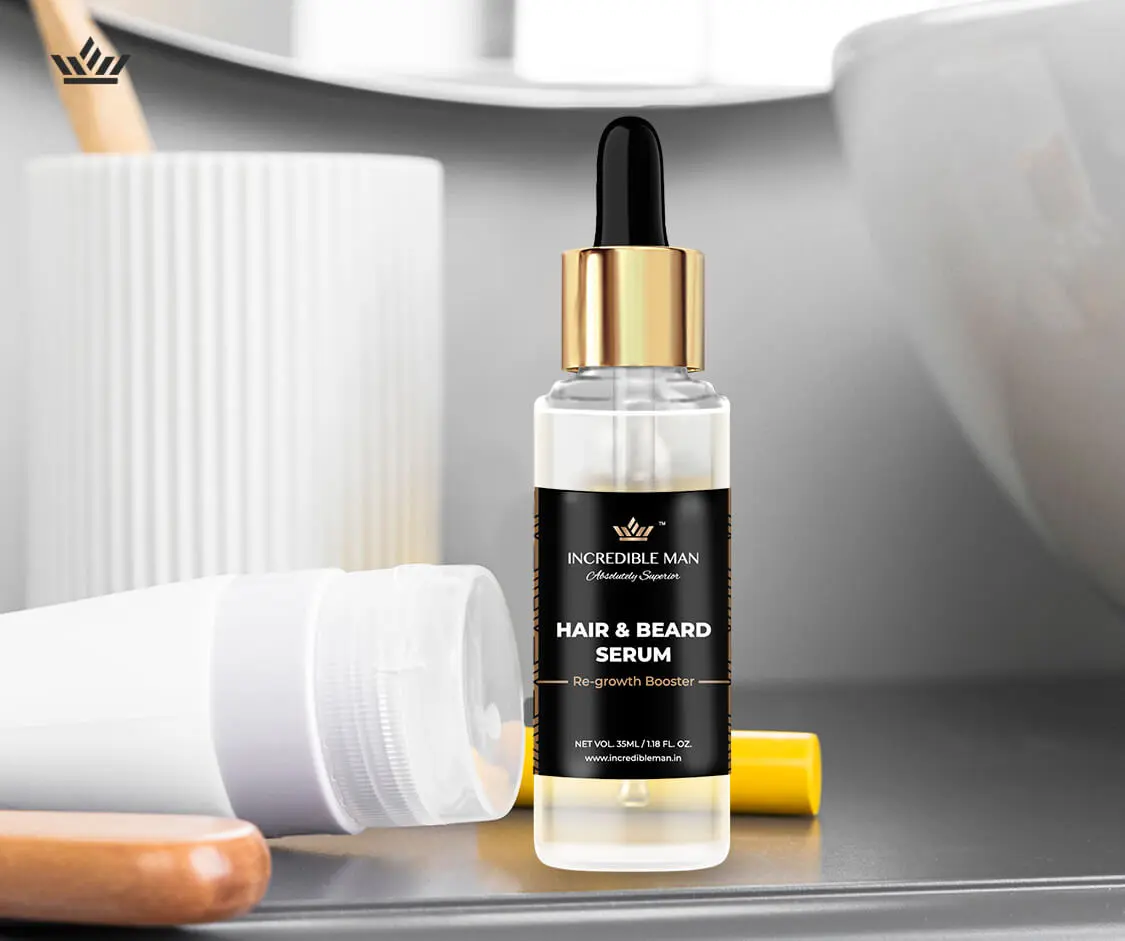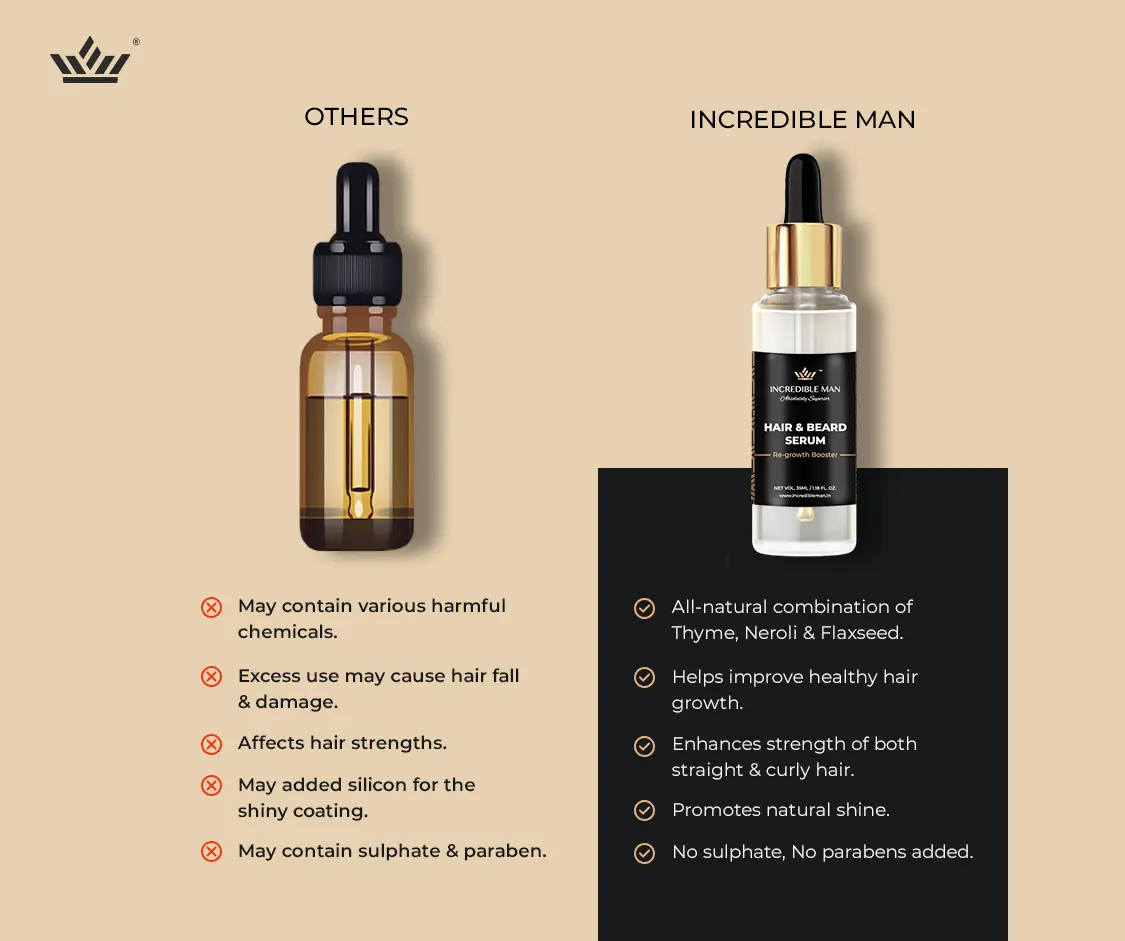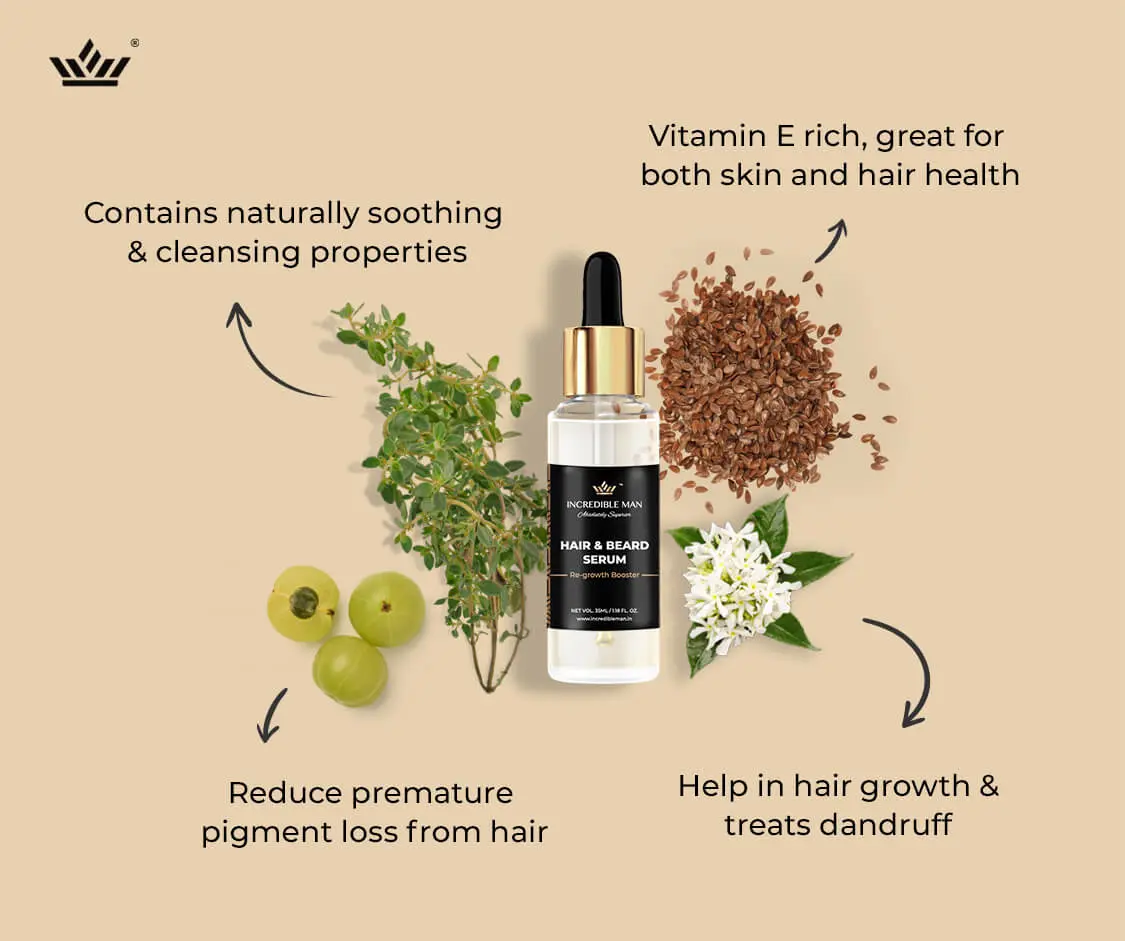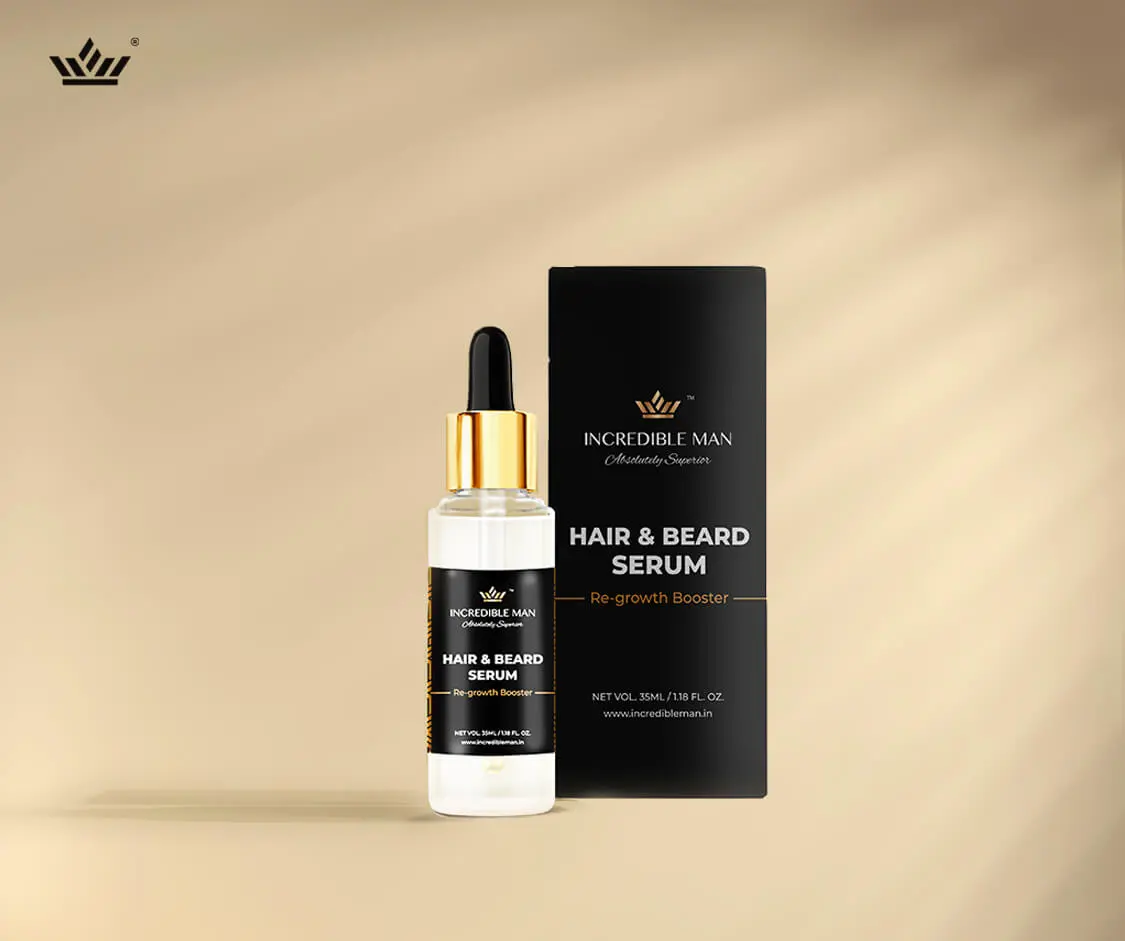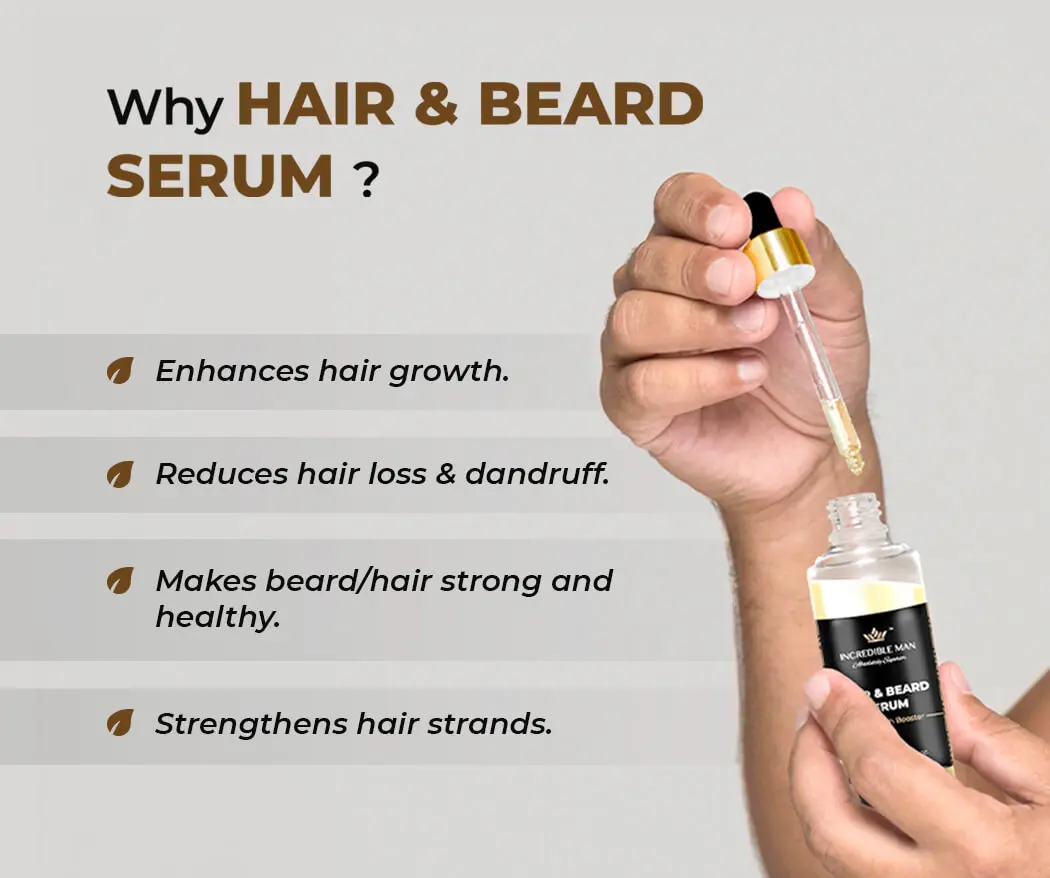It almost seems too good to be true when vitamins and supplements claim to promote hair growth. Can you truly grow your hair longer, stronger, and healthier by taking a tablet once or twice a day?
There are several factors that can contribute to hair loss or thinning hair, including nutritional inadequacies. Therefore, while vitamins and supplements are by no means a miraculous cure, the appropriate ones really could affect how your hair feels and looks.
Here are a few supplements that experts suggest, along with a look at the top vitamins for hair development.
What Types of Vitamins Help With Hair Growth?
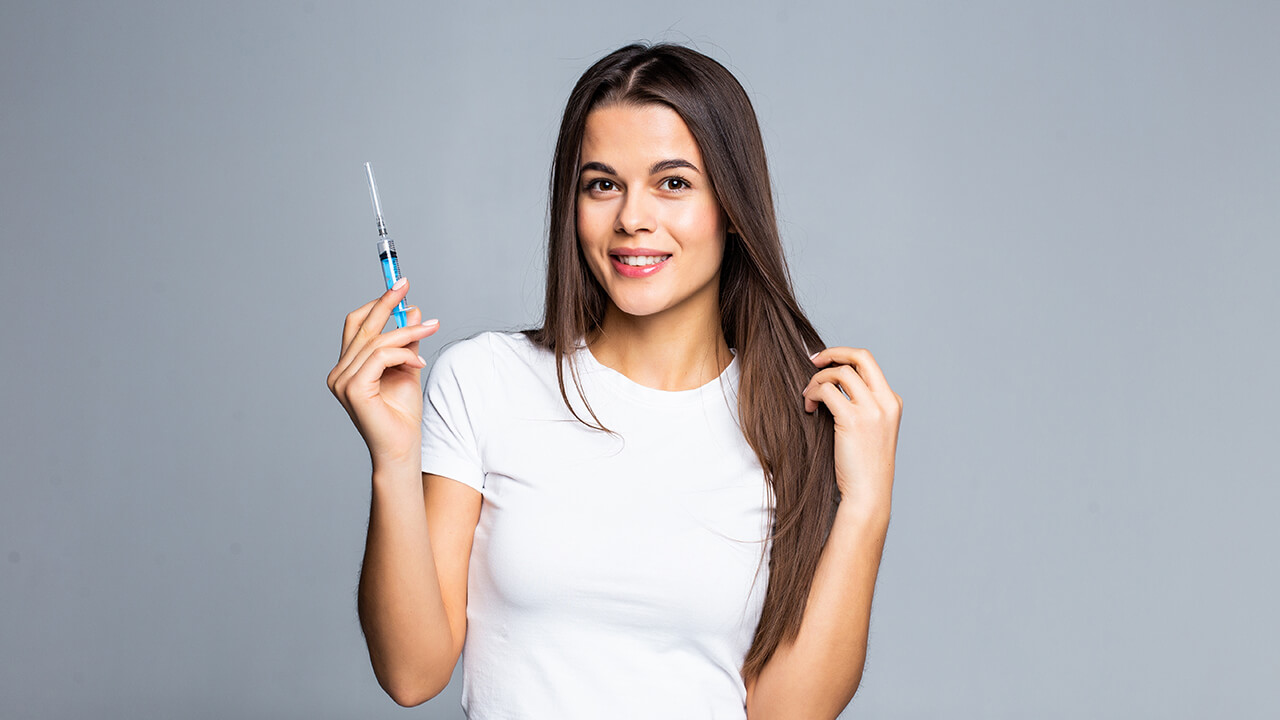
Numerous factors, including nutrition, genetics, illnesses, hormones, and even stress, have an impact on hair growth and health. According to research, a lack of vitamins and minerals necessary for healthy cell development and function may be a factor in hair loss.
-
-
- Vitamin B – vitamins are necessary for the proper operation of the neurological system and metabolism, and they also aid in hair development. It should come as no surprise that B vitamins including vitamin B7 (biotin) and B12 are crucial for conditioning and strengthening hair. A balanced diet can help you consume the recommended daily amounts of B vitamins, according to research. B vitamins are present in many foods, such as completely whole grains, meat, fish, whole eggs, almonds, and avocados.
- Biotin – sometimes referred to as vitamin B7, is a kind of complex B vitamin that has been linked to increased hair growth. And part of the buzz could be justified. Red blood cells, which bring oxygen and nutrients to the scalp and hair follicles, are made with the help of biotin. According to the National Institutes of Health, most people consume adequate biotin throughout their diets. Eating meals high in biotin is the greatest approach to obtaining more of it. almonds, sweet potatoes, salmon, bananas, milk, and eggs. The labels on supplements show that many biotin pills for hair, skin, and nails considerably surpass the daily recommended quantity. If you do feel like you need an extra boost, go to your doctor. Natural Hair Growth Serums play a significant role in Haircare. Using shampoo, conditioner & hair mask is not enough. You must have a natural hair serum for your hair care routine to solve all of your hair concerns. Have a look at the benefits of hair serum for healthy hair.
-
-
-
-
- C vitamin – In addition to supporting immunity, vitamin C may also strengthen hair. Vitamin C is a potent antioxidant that is necessary for normal hair development. Your scalp’s blood circulation is helped by vitamin C throughout your entire body. “Your hair follicles are stimulated more when there is increased blood flow to your scalp, which may aid in promoting hair growth.”
- Iron – Iron has a surprising amount of influence on hair development, and studies published in the Journal of Korean Medical Science reveal a connection between iron deficiency and female pattern baldness[2]. This vitamin improves circulation and makes it easier for oxygen to reach your cells. Lack of iron prevents the body from producing enough hemoglobin, which impairs oxygen supply to the scalp and contributes to hair loss.
Eating foods strong in iron, including clams, red meat, spinach, and lentils, is advised. If you are at risk of iron deficiency, it may also be worthwhile to include an iron supplement in your regimen, but check with your doctor first. - Keratin – Our hair, skin, and nails are all made of a protein called keratin. Although the body naturally produces it, there are several keratin supplements available that promise to promote hair development. Instead of taking medication, however, advocates “supplementing” with keratin in a more natural way by consuming protein-rich foods like eggs, beans, fish, and meats. There are no credible studies that demonstrate that keratin promotes hair development. Additionally, excessive protein accumulation in the body from keratin supplementation might be detrimental. Incredible Man Keratin Shampoo for Hair Growth, a blend of natural ingredients, tulsi, amla, rice water, and keratin, promotes healthy hair growth without irritating the scalp.
- Vitamin D – Vitamin D insufficiency may cause hair loss. Keratinocytes, skin cells that make keratin, metabolize vitamin D in the skin. The keratinocytes in hair follicles struggle to promote hair development when the body is deficient in vitamin D, which causes shedding and hair loss.
- Zinc – Zinc is a trace mineral that the body only needs at tiny levels. It is little yet formidable and is involved in several processes, including DNA synthesis and cell proliferation. Hair loss and inadequate wound healing have both been linked to low zinc levels. consuming foods high in zinc, such as meat, beans, nuts, and seeds.
It can be worthwhile to discuss if a zinc supplement would be appropriate for you with your doctor if you deal with hair loss or thinning. Tiny research discovered that those with alopecia who had low serum zinc levels should take zinc supplements. - Vitamin A – Vitamin A refers to a collection of substances that include retinol, retinal, retinoic acid, and provitamin A carotenoids. It may promote hair development, but there is a catch: consuming too much of it may actually cause hair loss. In a study involving mice, it was shown that dietary vitamin A activated the stem cells in the hair follicles. This is complicated, though; data suggest that excessive vitamin A intake leads to high levels of vitamin A that are connected to hair loss.
eating vitamin A-rich foods like leafy greens like kale, spinach, and broccoli as well as orange veggies like carrots, sweet potatoes, and pumpkin as well as yellow vegetables like squash. - Other Nutrients for Hair Growth – Some oils, such as coconut oil and rosemary oil, may also aid in hair development in addition to the vitamins and minerals mentioned above. According to research, using rosemary oil regularly over a period of many months increased the number of hairs.
In contrast, another research that compared coconut oil to mineral oil and sunflower oil discovered that when coconut oil was used as a pre-wash and post-wash therapy, it was the only one that decreased protein loss for both undamaged and damaged hair.
-
-
Quick Tip:
Since both fresh lemon juice and lemon oil have been shown to improve hair quality and development, you can use either one. Lemon oil may support healthy scalp maintenance and promote hair development.
Before shampooing, rub some fresh lemon juice on your scalp and hair. As part of a hair mask, lemon essential oil can also be used, diluted in a carrier oil.
Your body’s cells require the vitamin B7 biotin. It can result in brittle nails, skin rashes, and hair loss at low doses.
No clinical trials have been conducted to date to demonstrate that hair vitamins and supplements encourage hair growth, stop hair loss, or enhance other characteristics of healthy hair, such as dryness, shine, and thickness. Occasionally, vitamin deficiencies that result in poor hair health can be treated with supplements to enhance hair quality.
According to studies, nutritional deficiencies, such as those in biotin, riboflavin, iron, and vitamins B12 and D, are linked to hair loss. If you are balding as a result of inadequate nutrition, eating a balanced diet rich in certain vitamins and minerals may help encourage hair growth.
One function of vitamin D is to stimulate both young and elderly hair follicles. New hair development may be slowed down if your body is deficient in vitamin D. Alopecia, the autoimmune disorder that results in bald patches on the scalp and other parts of the body, has been related to vitamin D insufficiency.
